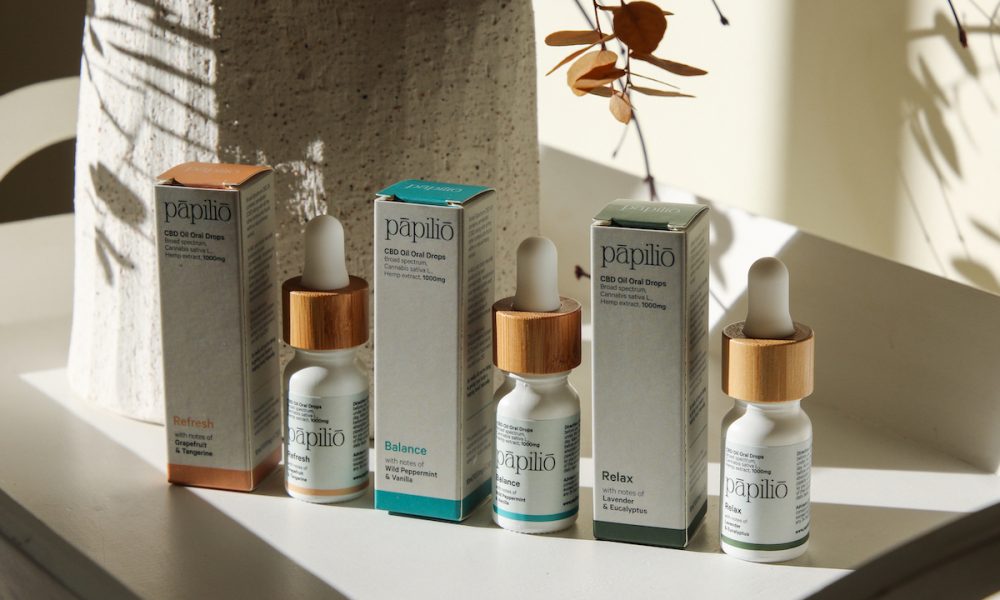Industry experts have welcomed a Government taskforce call for reform to UK medical cannabis regulations.
The Taskforce on Innovation, Growth and Regulatory Reform (TIGRR) has made two key recommendations that, if implemented, could be a major boost for the UK’s medical cannabis industry.
TIGRR was set up to review the nation’s existing legislation and seek out new opportunities in the country’s “new-found regulatory freedom” post-Brexit.
In its report, published on Wednesday 16 June, the taskforce has acknowledged that present rules governing consumer CBD products are not properly separated from the criminal law relating to banned substances derived from cannabis.
TIGRR has called for the licensing regime for cannabinoid pharmaceutical research and over-the-counter CBD products to be moved from the Home Office to the Department of Health and Social Care and/or the Medicines and Healthcare Products Regulatory Agency (MHRA).
The UK has a fast-growing and well-established consumer market for medicinal CBD, but current Home Office rules prevent them being produced domestically, states the report.
As a result the industry is forced to import products, leading to an economic loss of around £1 billion.
The proposal could also open up new research opportunities for the sector, with regulations making it difficult to conduct UK trials with cannabinoids – despite evidence from other countries pointing to great potential.
Ricardo Geada, partner and head of Mackrell Solicitors Cannabis & Regulatory Team, said: “If implemented this would signify a big step for the medicinal cannabis industry in the UK, as it would move licensing rules away from the criminal law on banned substances derived from cannabis, towards their medical benefits and usage.
“Placing the decisions in the hands of departments that are focused on the properties of these medicines could help to open up the availability of domestically produced medicinal cannabis products and greatly improve research into these important medications for pain relief and many other conditions.”
In a letter to the TIGRR published just hours after the report was released, the Prime Minister has broadly welcomed the taskforce’s recommendations and announced the creation of a new Brexit Opportunities Unit to consider and implement the changes suggested.
The Centre for Medicinal Cannabis (CMC) also welcomed the key recommendations for the CBD sector which were a central proposal in its recently published Green Shoots report.
In a statement to its members, the organisation says the move could “unleash much needed investment” in cannabinoid medicines and consumer products.
“The UK already is a leading market for consumer nutr aceuticals and specials and licensed medicines containing cannabinoids and these proposals will not only support the growth of all of these sectors but will lead to increased investment and innovation here within the shores of the UK,”commented CMC, pharmacy lead, Dr Andy Yates.
aceuticals and specials and licensed medicines containing cannabinoids and these proposals will not only support the growth of all of these sectors but will lead to increased investment and innovation here within the shores of the UK,”commented CMC, pharmacy lead, Dr Andy Yates.
“Outside of the specific cannabinoid medicines proposals included in the report, the further proposals related to optimising and modernising the clinical trials environment and the nutraceutical and consumer health sector here in the UK. As a package of measures this will truly create a go-to environment for cannabinoid innovation now and well out into the future.”
Dr Parveen Bhatarah, regulatory lead for the CMC, added: “The UK has been the largest importer of cannabis for use in the medicinal and consumer cannabinoids industry.
“These recommendations will assist in data generation for improved consumer safety and accelerated sustainable business growth in the cannabinoid sector.”
Professor Mike Barnes, chair of the Medical Cannabis Clinicians Society and co-founder of cannabis consultancy firm Maple Tree , agreed that the approach was “logical” but hoped any regulation introduced would be “clear and simple” for those in the industry, unlike what he described as the “bureaucratic nightmare” of Novel Food laws.
“I am pleased that the government report recognises that there is an increasing importance to nutraceuticals, which should include over-the-counter CBD medicines,” said Prof Barnes.
“A more coordinated approach to licensing and regulation is to be welcomed and the Department of Health is a logical base for such licensing. I just hope that any regulation is made clear and simple and not the bureaucratic nightmare which is Novel Foods regulation. We need to encourage this industry not stifle it with red tape and excess caution.”


